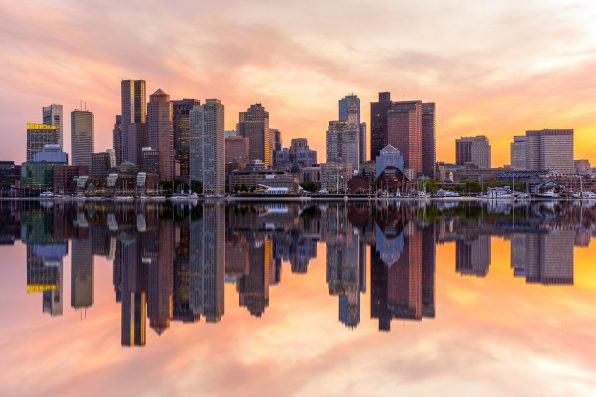Coastal Cities Like Boston, Philadelphia, And NYC Are At Risk Of Raw Sewage Floods Due To Rising Sea Levels

In the United States, coastal cities like Boston, Philadelphia, and New York City are at risk of being overwhelmed with floods of raw sewage, adding to growing concerns of a public health crisis among these places. The recent issue highlights the need for better water system management.
Raw sewage poses a number of risks. It contains bacteria, viruses, and parasites that cause illnesses, infections, and more when exposed to it.
Sewage can pollute waterways, killing fish, destroying coral reefs, and contaminating local drinking water sources. It can also lead to the closure of beaches and fisheries, which can have economic consequences.
Many of the coastal cities in America are designed with a sewer system that was established during the mid-1850s. In this system, sewage and stormwater are collected in the same pipes. The pipes lead to wastewater treatment facilities, but they can only hold so much at one time.
So, when these cities experience periods of heavy rain, some of the wastewater ends up flowing into natural bodies of water through a process called combined sewer overflows (CSOs).
If the levels of the natural bodies of water are too high, the wastewater can spill out onto the street or, even worse, into people’s basements.
Coastal communities are being urged to upgrade their water infrastructure, but climate change is poised to bring a whole new set of challenges to these sewage systems.
Researchers from Drexel University in Philadelphia used detailed models to predict how future climate change will affect water systems in Camden, New Jersey, a region that is prone to flooding.
They based their predictions on previous data from the New York City Panel on Climate Change, which estimated that annual precipitation in New York and neighboring areas would see up to a 30 percent increase by 2100.

The researchers’ model estimated that the volume of fluid that will need to pass through the pipes will increase by 21 to 66 percent.
Rising sea levels pose another problem that might prevent the water systems from working properly, making it more likely for flooded streets and property damage to occur.
The model was specifically designed to make predictions for Camden; however, other coastal communities that are at risk, such as Philadelphia, Boston, and New York, can benefit from the findings as well.
The researchers noted that their findings will be used to support the development of water management strategies for the Camden County Municipal Utilities Authority.
“It’s exciting to work with them now on the development of solutions that can also reduce flooding and make Camden’s neighborhoods more resilient to climate change,” said Franco Montalto, the lead author of the study and a professor of civil, architectural, and environmental engineering at Drexel University.
The study was published in the Journal of Water Management Modeling.
Sign up for Chip Chick’s newsletter and get stories like this delivered to your inbox.












